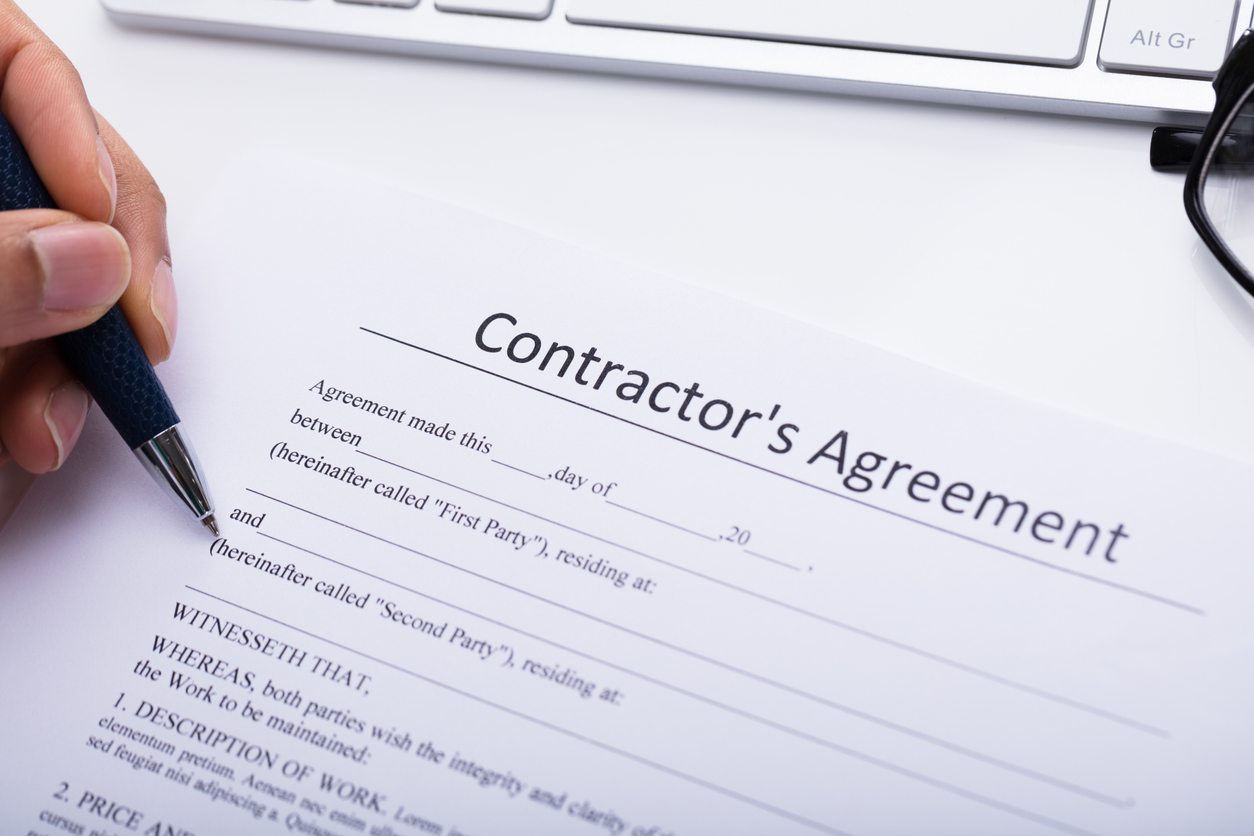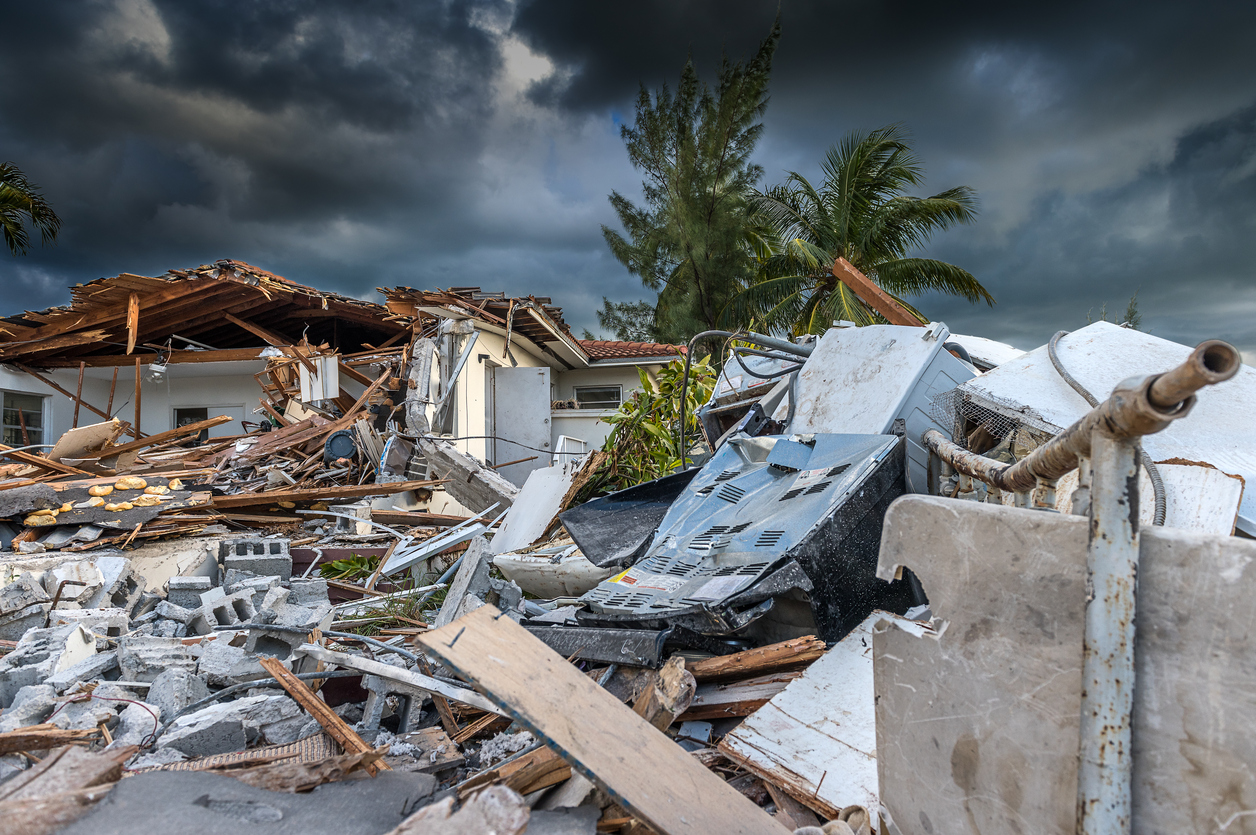Suppose some shingles on a roof are damaged, but not all. Does a policyholder get a hideous looking checkerboard roof which affects the value of the structure and possibly the neighborhood? If part of a carpet is damaged, is it patched leaving a new part slightly different looking in the middle of a room? Many of these issues never arise because many insurance companies pay to match, trying to maintain a happy customer. Some pay for only the damaged amount, and end up fighting with their customers.
Florida has a statutory answer to many of these issues:
"§ 626.9744. Claim settlement practices relating to property insurance
Unless otherwise provided by the policy, when a homeowner’s insurance policy provides for the adjustment and settlement of first-party losses based on repair or replacement cost, the following requirements apply:
(1) When a loss requires repair or replacement of an item or part, any physical damage incurred in making such repair or replacement which is covered and not otherwise excluded by the policy shall be included in the loss to the extent of any applicable limits. The insured may not be required to pay for betterment required by ordinance or code except for the applicable deductible, unless specifically excluded or limited by the policy.
(2) When a loss requires replacement of items and the replaced items do not match in quality, color, or size, the insurer shall make reasonable repairs or replacement of items in adjoining areas. In determining the extent of the repairs or replacement of items in adjoining areas, the insurer may consider the cost of repairing or replacing the undamaged portions of the property, the degree of uniformity that can be achieved without such cost, the remaining useful life of the undamaged portion, and other relevant factors.
(3) This section shall not be construed to make the insurer a warrantor of the repairs made pursuant to this section.
(4) Nothing in this section shall be construed to authorize or preclude enforcement of policy provisions relating to settlement disputes."
For Florida policyholders, if the policy calls for replacement cost and the loss occurred after October 1, 2005, it is important to know that Fla. Stat. § 627.7011 prevents an insurer from attempting to depreciate the undamaged portion of the structure that needs to be replaced due to matching:
"(3) In the event of a loss for which a dwelling or personal property is insured on the basis of replacement costs, the insurer shall pay the replacement cost without reservation or holdback of any depreciation in value, whether or not the insured replaces or repairs the dwelling or property."
Very few states spell it out as clearly as Florida, where, because of these laws, disputes over matching rarely occur.



